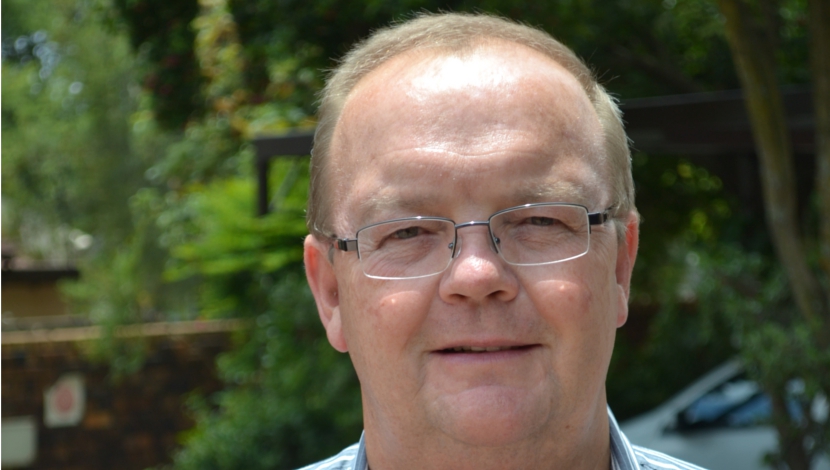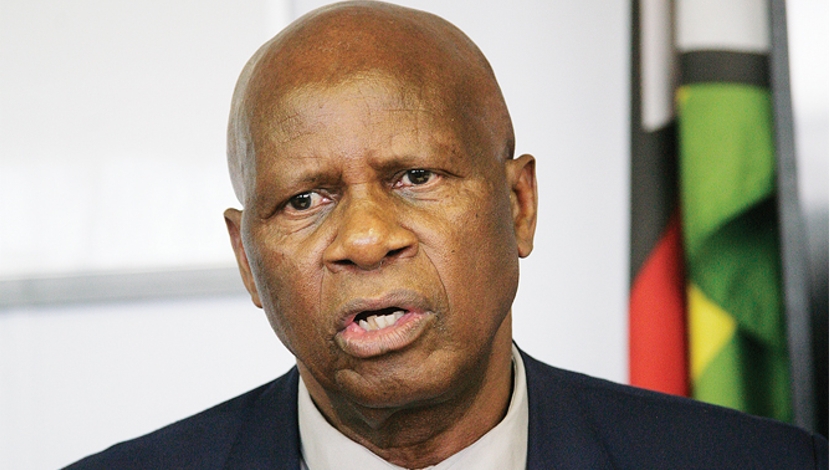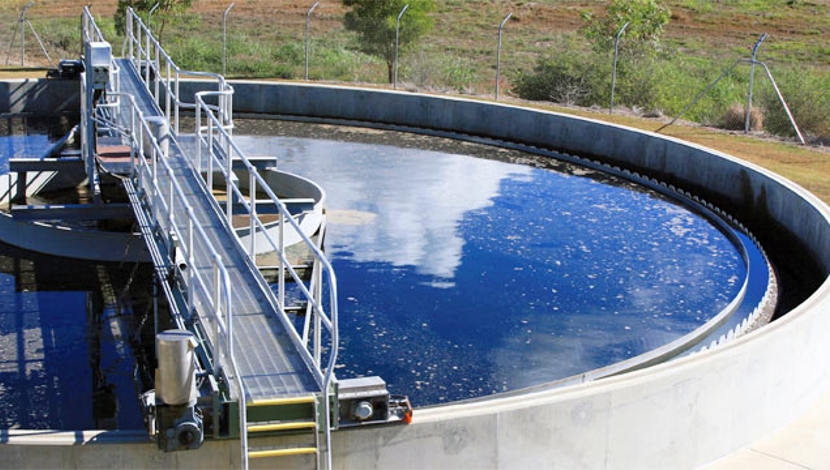

Ethically obtained aggregates key to sustainability
Green building cannot truly be sustainable unless the aggregates used in these construction projects are procured from quarries that uphold strict sustainability and environmental policies.
Nico Pienaar of aggregates and surface mining industry association Aspasa, explains that every year billions of tons of aggregates are extracted worldwide to build a myriad of structures which are essential to the infrastructural development of our planet.
Therefore, aggregates are by far the most widely used bulk material on earth with increasing demand driven by expanding urban populations. However, the potential for large-scale damage to the environment demands that all aggregates should be procured from ethical suppliers who can prove their credentials.
Better way
In South Africa, the most reliable means of ensuring ethical supply is to deal with Aspasa member quarries, which are required to uphold strict environmental requirements and pass annual audits based on ISO14001 standards. Furthermore, these aggregates are obtained from sources where suitable geological deposits occur rather than being randomly excavated near construction sites.
Procuring materials from these companies ensures stable and sustainable jobs for workers who are employed within the confines of the law in a safe environment, as prescribed by Aspasa health and safety standards and also subject to an annual audit complying with international standards.
A healthy and profitable formal aggregates industry is essential to the construction industry and adds value to the entire construction supply chain. Apart from government legislation, Aspasa represents the only formal regulation of the industry, without which the industry would probably become swamped by unscrupulous operators who pay scant attention to laws or standards.
Seven pillars
Aspasa measures sustainability by:
- Regulating, raising awareness and training member companies to work safely in pursuit of zero harm to all employees, contractors, sub-contractors and visitors.
- Realising that quarrying is a temporary land use and minimising damage to the environment. At the end of the land use ensuring that it is returned to being a fully functioning ecosystem or is rehabilitated in line with future land use objectives.
- Promoting a circular economy in which maximum efficiency is sought in all stages of the lifecycle of the quarry. Including optimal extraction, production and transport in the closest possible proximity to the end-user market. To support the local economy, to recycle and make use of all available resources as far as is possible.
- Working within the confines of legislation and ensuring consistency of enforcement of the law among members and non-members. Working with legislators to modernise legislation, cut red tape and promote a profitable and thriving industry in support of the country’s future development goals.
- Promote responsible extraction of minerals and work with interest groups, research centres, universities and other stakeholders to overcome environmental challenges in areas deemed sensitive.
- Encouraging social participation and open lines of communication with surrounding communities and other stakeholders. To leave a legacy that empowers the community and its people.
- To develop communication tools and public relations training for staff so that stakeholder concerns can be raised, documented and dealt with in a transparent manner.
“Aspasa is seeking to move the entire aggregates industry towards true sustainability, while still ensuring that it is able to meet demands of the industry, as well as the overall development plans of the country. We cannot do without aggregates, so Aspasa is working tirelessly with the industry to ensure we extract and produce them in the most sustainable manner,” concludes Pienaar.
More information from Nico Pienaar, Tel: (011) 791 3327 / Email: nico@Aspasa.co.za / www.Aspasa.co.za




